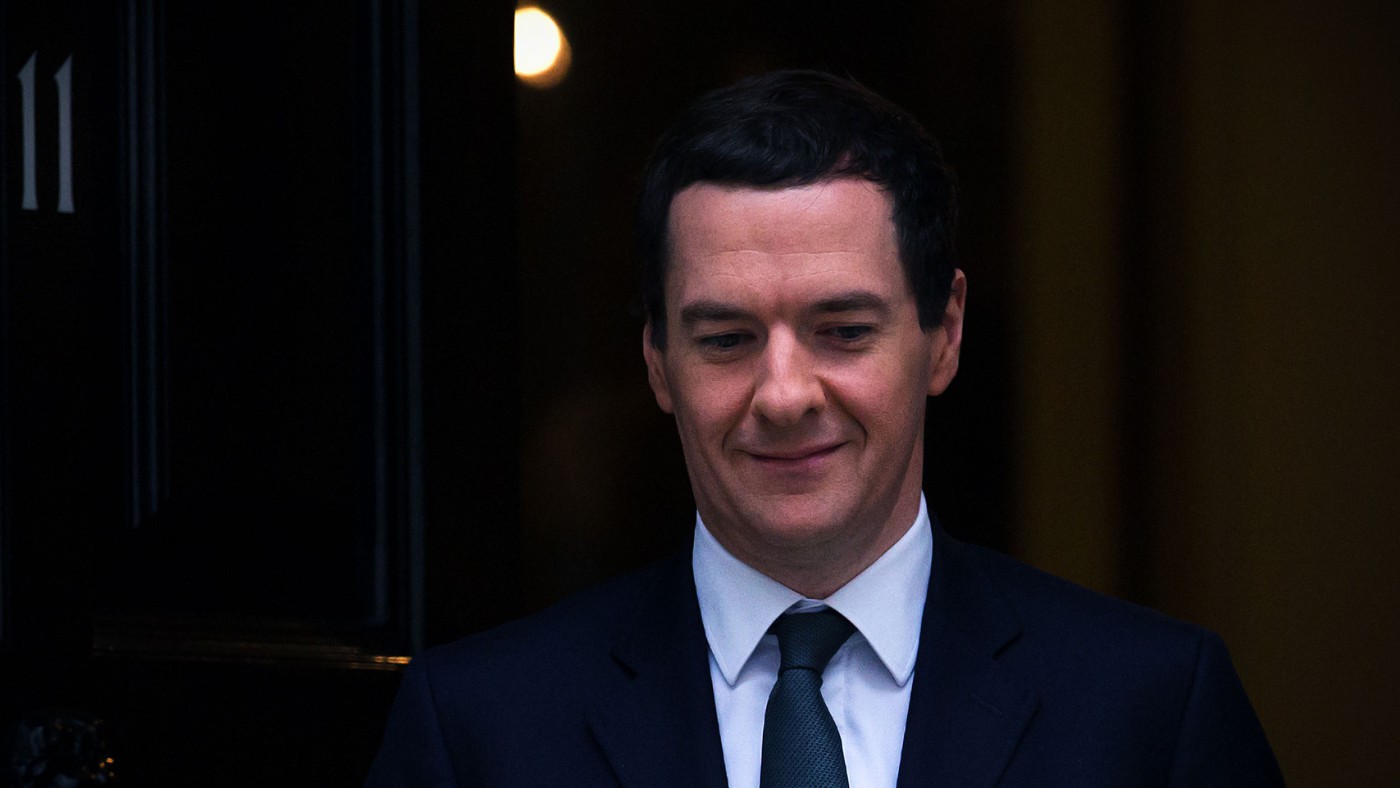If you ever thought political commentators were omnipotent – you didn’t – then the last year or so will have dented your confidence. Trying to explain what is going on as assorted populist cross-winds lash the creaking UK system has been like attempting to put up a tent in a hurricane. Then there was the general election, in which the pollsters were wrong and, even if it looked as though Cameron would lead the largest party, Britain seemed to be heading for another hung parliament. The Tory leadership was pretty surprised by its majority too, although some now claim (contrary to their behaviour at the time) to have known all along.
I wonder if the origins of the tax credits mess that the Chancellor is in lie in the nature of that election win and a fatal misreading of what it meant? Did it perhaps breed over-confidence?
But I don’t know, and no-one else seems to know either. I’ve tried several people in the last week in a position to know and they are as baffled as the rest of us. What – they ask – did George Osborne think he was doing when he came up with his tax credit cuts plan?
Yes, yes, he was trying to simplify the tax and benefits system. Bravo, by the way.
He also wanted to build on the case that helped win the Tories the election. They were, they never tired of saying, for hard-working families, so the cuts in tax credits would be offset by an increase in the minimum wage (rebranded as the national living wage) and several other changes.
Yet there must have come a moment at a meeting in the Treasury, before the Budget, when someone said: “OK, nice theory. What does the distribution of the losses on tax credits actually look like.”
Well, we think it should be ok and people will take on more hours and…
“Never mind ‘we think’. Get me a chart of what will happen next year. I want to be sure it evens out. Not only are these the voters that helped swing it for the Tories in May, more importantly it would be wrong to penalise them. How much will people doing the right thing lose if this plan goes ahead?”
We’ll have to wait for the memoirs and the opening of the archives to find out exactly what happened in those meetings, and whether a full analysis of the losses was commissioned or overlooked.
It does look, from a distance, as though the Tory leadership misread what happened in May. It was a famous victory, certainly, but it produced a small majority and it was not delivered on a wave of enthusiasm. Fear of the alternative and a good Tory campaign targeted at the hard-working swung it. Shortly afterwards, a Budget was prepared to exploit the Tory winning hand, and somehow it became a plan that would disadvantage the working poor.
The government is now desperately worried, and lashing out. One can tell how worried they are because they have rolled out onto the field their emergency artillery in the form of Ken Clarke and Michael Howard. At the weekend, Lord Heseltine was also out on TV defending the tax credit cuts from the comfort of his exceptionally nice house in Oxfordshire. The optics of this were, to say the least, somewhat unfortunate.
Of course, Heseltine, Clarke and Howard were leading participants the last time the Tories won a surprise general election victory, in 1992, and then within months squandered it thinking Labour was doomed and out of power for ever and the Tories could do what they liked. Oops.


